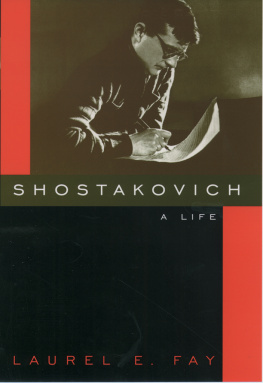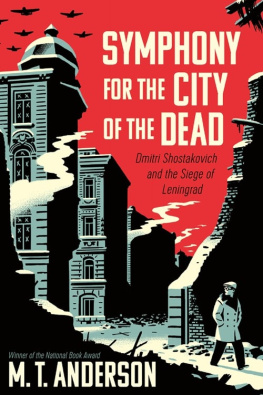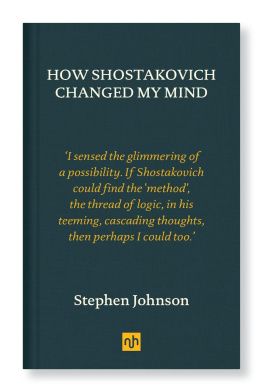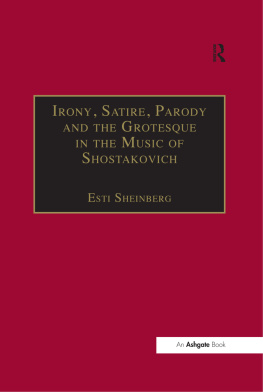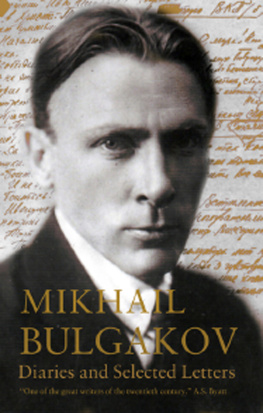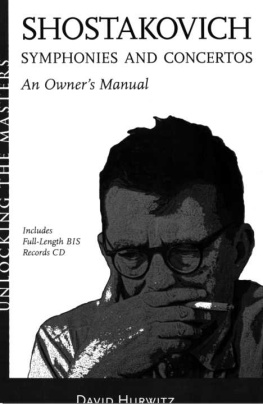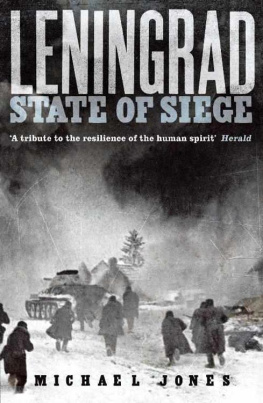dfdklj
Shostakovich: A Life

Dmitriy Shostakovich
Shostakovich

A Life
Laurel E. Fay

2000

Oxford New York
AthensAucklandBangkokBogotBuenos Aires
CalcuttaCape TownChennaiDar es Salaam
DelhiFlorenceHong KongIstanbulKarachi
Kuala LumpurMadridMelbourneMexico City
MumbaiNairobiParisSo PauloSingapore
TaipeiTokyoTorontoWarsaw
and associated companies in
Berlin Ibadan
Copyright 2000 by Oxford University Press, Inc.
Published by Oxford University Press
198 Madison Avenue, New York, New York 10016
Oxford is a registered trademark of Oxford University Press
All rights reserved. No part of this publication may be reproduced, stored in a retrieval system, or transmitted, in any form or by any means, electronic, mechanical, photocopying, recording, or otherwise, without the prior permission of Oxford University Press.
Library of Congress Cataloging-in-Publication Data
Fay, Laurel E.
Shostakovich: A Life / Laurel E. Fay.
p. cm. Includes bibliographical references and index.
ISBN 0195134389
1. Shostakovich, Dmitrii Dmitrievich. 19061975.
2. ComposersSoviet Union Biography.
I. Title.
ML410.S53F391999780'.92dc21 [B]9925255

To the Memory of My Father

Contents
Illustrations following page 234:
]
| ASM | Assotsiatsiya sovremennoy muzki [Association of Contemporary Music], Moscow |
| f. | fond [collection] |
| FEKS | Fabrika ekstsentricheskogo aktyora [Factory of the Eccentric Actor] |
| GATOB | Gosudarstvenny akademicheskiy teatr oper i baleta [State Academic Theater of Opera and Ballet], Leningrad |
| GITIS | Gosudarstvenny institut teatralnogo iskusstva [State Institute of Theatrical Art], Moscow |
| Glavrepertkom | Glavny komitet po kontrolyu za zrelishchami i repertuarom[Chief Committee for the Inspection of Entertainments and Repertory] |
| GTsMMK | Gosudarstvenny tsentralny muzey muzkalnoy kultur imeni M. I. Glinki [Glinka Museum of Musical Culture], Moscow |
| kn. | kniga [book] |
| LASM | Leningradskaya assotsiatsiya sovremennoymuzki [Leningrad Association of Contemporary Music] |
| LGK | Leningradskaya ordena Lenina gosudarstvennaya konservatoriya imeni N. A. Rimskogo-Korsakova [Leningrad Conservatory] |
| Narkompros | Narodny kommissariat prosveshcheniya [Peoples Commissariat of Enlightenment] |
| NKVD | Narodny kommissariat vnutrennikh del [Peoples Commissariat of Internal Affairs] |
| op. | opis [inventory] |
| RAPM | Rossiyskaya assotsiatsiya proletarskikh muzkantov [Russian Association of Proletarian Musicians] |
| RGALI | Rossiyskiy gosudarstvenny arkhiv literatur i iskusstva [Russian State Archive of Literature and Art], Moscow |
| RGALI (SPb) | Rossiyskiy gosudarstvenny arkhiv literatur i iskusstva (Sankt-Peterburg) [Russian State Archive of Literature and Art (St. Petersburg)] |
| RO RIII | Rossiyskiy institut istorii iskusstv, rukopisny otdel [Russian Institute of the History of Arts, Manuscript Department], St. Petersburg |
| SPgGMTMI | Sankt-Peterburgskiy gosudarstvenny muzey teatralnogo i muzkalnogo iskusstva [St. Petersburg State Museum of Theater and Music] |
| TRAM | Teatr rabochey molodyozhi [Theater of Working-Class Youth], Leningrad |
| VOKS | Vsyesoyuznoye obshchestvo kulturnoy svyazi s zagranitsey [All-Union Society for Cultural Contact with Foreign Countries] |
| yed. khr. | yedinitsa khraneniya [storage unit] |
The system of transliteration I have adopted is a version of the system used by the New Grove Dictionary of Music and Musicians (London, 1980), as modified and explicated by Richard Taruskin in his Musorgsky: Eight Essays and an Epilogue (Princeton, 1993), pp. xixxx.
The modifications are designed to ensure maximum consistency with minimum distraction and as an aid to English pronunciation. Soft and hard signs are eliminated in the text. The Cyrillic letter is represented by (pronounced as a thick, short i).
Exceptions have been made when standard English-language renderings of names have become commonly accepted (Glire, Neuhaus, Prokofiev, Richter). The familiar adjectival -sky ending in surnames (Musorgsky, Stravinsky) is also retained. Following Taruskins example, I also adopt the more literal Chaikovsky instead of Tchaikovsky.
Where fidelity to Cyrillic characters is most important, in bibliographic citations the transliteration of authors and titles in the Russian language is strict, without concessions to common use. Hard and soft signs are retained. Names encountered in the text such as Alexander, Asafyev, Khaikin, and Oistrakh, are rendered as Aleksandr, Asafyev, Khaykin, and Oystrakh in bibliographic contexts, and the adjectival endings for surnames are rendered in full.
Among the many libraries and archives in which I spent untold hours while researching this book, I must single out the Glinka Museum of Musical Culture and the Russian State Archive of Literature and the Arts, both in Moscow, repositories of the two largest collections of Shostakovichs papers; the staffs at both institutions were unfailingly courteous and helpful. Support for research in Russia in 1991 was provided by the International Research&Exchanges Board (IREX). I also want to acknowledge the staff of the New York Public Library, its Slavic and Music Divisions in particular. I could not wish for a better research base.
I am grateful to Irina Antonovna Shostakovich, the composers widow, for her interest and ever gracious assistance. I owe a special debt of gratitude to two friends. Well before publication of her own book on Shostakovich, Elizabeth Wilson generously shared with me her edited translations of many of the most informative interviews and reminiscences she had gathered. Lyudmila Kovnatskaya provided research assistance, moral support, and the reserves of strength that enabled me to complete the book without sacrificing my sanity.
For their long-standing support and encouragement, I am profoundly grateful to Charlotte Douglas, Svetlana Golbina, and Elizabeth Keitel. I am also indebted, in diverse ways, to Richard Brundage, Nina Drozdetskaya, Hans-Ulrich Duffek, Susan Feder, the late Oleg Felzer, Sofia Gubaidulina, Olga Manulkina, Gerard McBurney, Iosif Raiskin, Neva Smith, Ago Sommer, Richard Sylvester, and Manashir Yakubov. Malcolm Brown, Claude Palisca, and Richard Taruskin read the manuscript; their comments and advice were indispensable. I thank Stanley Sadie for recruiting me to the task, Bruce Phillips for his patience, and Maribeth Payne, Jonathan Wiener, and Helen Mules for shepherding the book through to publication. My sincere thanks to all.

